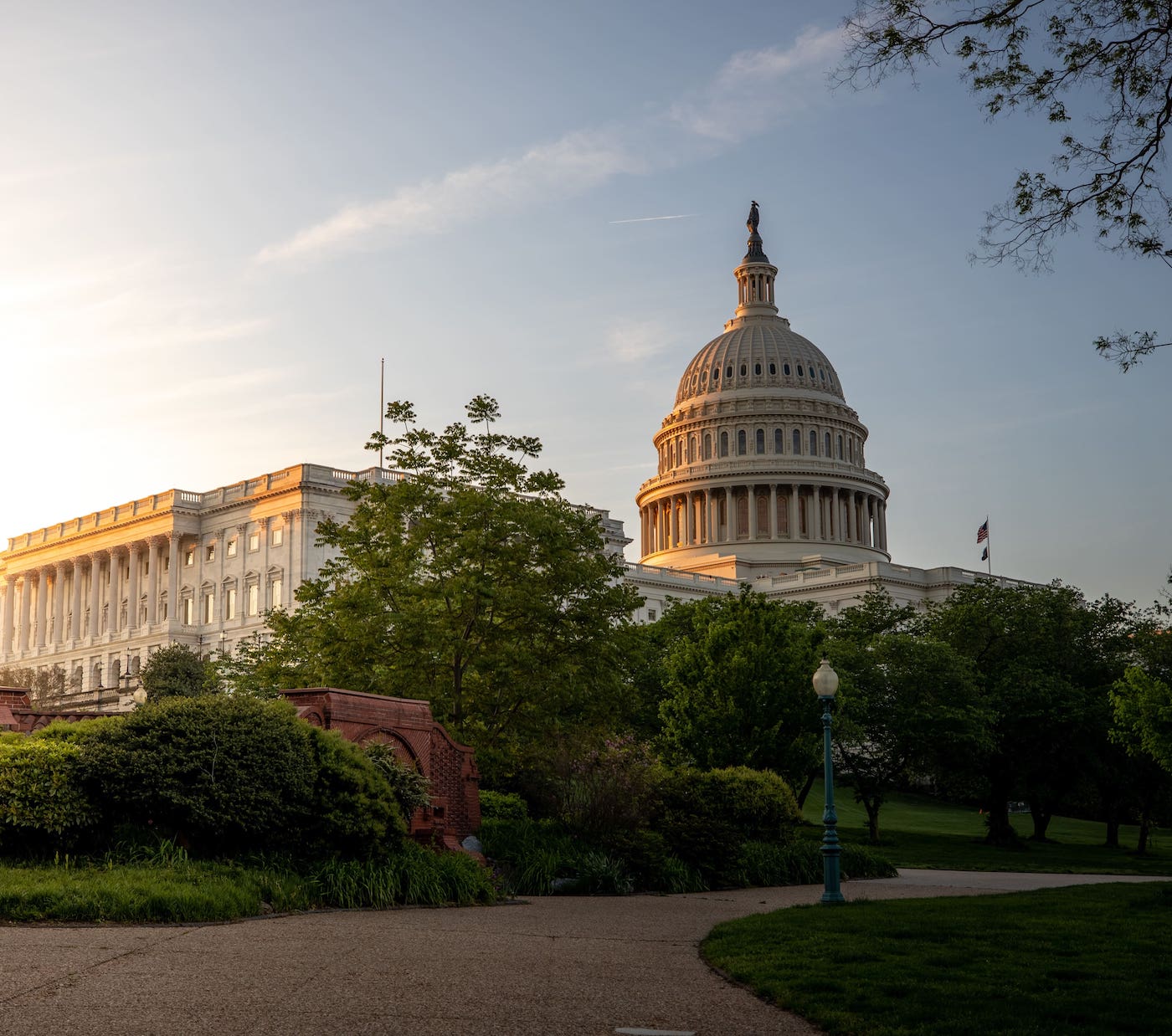The Fed has signaled that it intends to begin tightening monetary policy and believes that the U.S. economy is strong enough to support this policy. Senate Republicans are likely to block a debt ceiling suspension due to concerns about spending and inflation. China banned cryptocurrency transactions as part of a larger effort to minimize the relevance of digital assets. Several major technology companies continue advancing their Bitcoin offerings.
China Bans Cryptocurrency Transactions
China announced that all cryptocurrency transactions will be illegal in the country. The move is the latest in a string of regulatory actions China's government took to stifle cryptocurrency markets within its domain. At the same time, China faced issues in equity markets when concerns were raised about real estate company Evergrande's ability to meet its debt obligations. After a disagreement over a potential lending product, Coinbase is planning to propose cryptocurrency regulation to the SEC in an effort to guide favorable legislation. The outcome of this discourse may set a powerful precedent for Bitcoin products such as lending, ETS, and derivatives. NYDIG released a report analyzing the environmental impact of Bitcoin mining. The report noted that the currency was responsible for roughly one-third of the carbon emissions of gold mining and somewhat lower emissions than zinc production.
The Fed and the Senate Both Aim To Cut Spending and Slow Inflation
In a recent meeting, the Fed noted that it still expects to announce a taper of asset purchases at its next meeting in November. The Fed also indicated that interest rates are likely to see several increases starting in 2022. The House passed a bill that would suspend the debt ceiling until December of 2023. However, the strong Republican opposition makes it unlikely to obtain the 60 required votes to pass in the Senate. Despite the extreme implications of a government shutdown, the Republican party is loath to allow for any more spending after the historic money supply increases of the past 18 months. Democrats have until September 30th to pass the bill and avoid a government shutdown. U.S. equities performed well this week despite the economic concerns triggered by Evergrande in China, the Fed's tightening monetary policy, and funding concerns imposed by the legislative branch.
Twitter and Robinhood Advance Bitcoin Payment Options
Twitter released a feature allowing iOS users to tip one another using Bitcoin. The company plans to extend this feature to Android users sometime in October. Twitter is leveraging the Lightning Network to facilitate tipping, which typically results in small and frequent payments. Robinhood continues to make progress on its cryptocurrency wallet feature; the app's beta version has undergone testing recently. CEO Vlad Tenev previously noted that they were excited to give users "the ability to deposit and withdraw cryptocurrencies," but it is "tricky to do with scale". Asset management company Invesco has partnered with Galaxy Digital to create "a comprehensive suite" of cryptocurrency ETFs backed by the underlying assets.
Market Recap
Global regulators are still cautious about Bitcoin adoption, and in many cases are actively working against it. China's ban of cryptocurrency transactions was not unexpected but placed negative pressure on Bitcoin markets. The U.S. is undoubtedly more Bitcoin-friendly than China. Still, hesitation about Bitcoin ETFs and similar financial products makes it difficult for many investors to gain exposure through their intended avenues. However, private technology companies have remained unwaveringly committed to Bitcoin adoption, investing in Bitcoin products and Bitcoin directly. Twitter and Robinhood will facilitate Bitcoin payments for their users through financial products, making Bitcoin even more accessible for millions of people to use.


